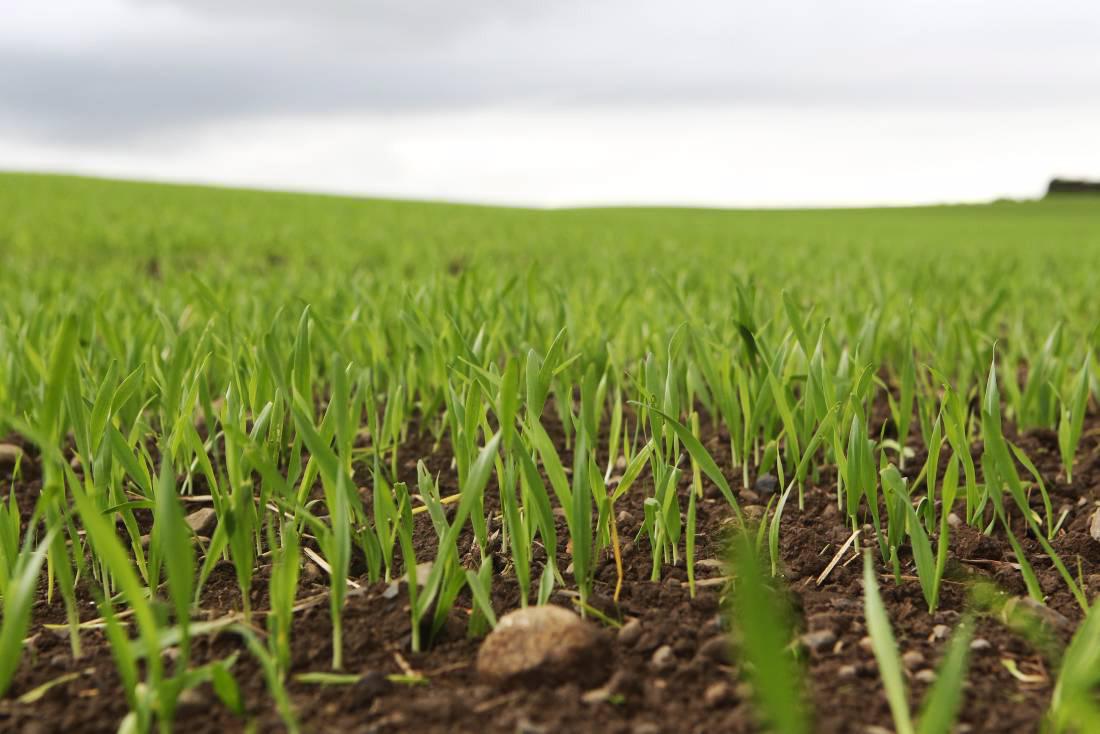Bayer has failed in its attempt to buy the seed and chemical company Monsanto. In its second attempt in as many months, Bayer raised its offer by $2bn (€1.8bn) to $64bn (€58bn) to acquire the biggest seed company in the world. This makes it the biggest all-cash bid on record.
Monsanto rejected the bid, however, but said that it “remains open to continued and constructive conversations with Bayer and other parties”. It also said that there was no assurance that any transaction will be entered into or consummated, or on what terms.
Monsanto, the owner of Roundup, employs 22,000 people worldwide, had sales of $15bn (€13.7bn) and an operating margin of 15.9% last year. The much larger German company Bayer employs 116,000 people, had sales of €75bn and an operating margin of 14.3% in 2015.
Last year, Monsanto started looking for a partner, and tried three times (unsuccessfully) to link up with Syngenta. Also last year, Dow and DuPont announced they were teaming up when they struck a $130bn (€118bn) megamerger.
Then this February, ChemChina announced its purchase of Syngenta for $43bn (€39bn), making it the largest player in the agricultural chemical market.
All this consolidation is putting pressure on the remaining players, Monsanto, Bayer and BASF, to look at mergers.
The onset of low agricultural commodity prices is seen as one of the key factors driving the recent consolidation. Already the “big six” controlled 70% of the global seed market and 90% of the agro-chemical market. Shareholders are demanding improved performance and returns from the agrichemical companies, which is proving difficult in the weak agricultural environment.
It is understood that access to confidential information has been a major sticking point in the negotiations. Therefore, Bayer’s latest offer, while it does not get the deal across the line, may at least help the negotiations make progress.






 This is a subscriber-only article
This is a subscriber-only article










SHARING OPTIONS: